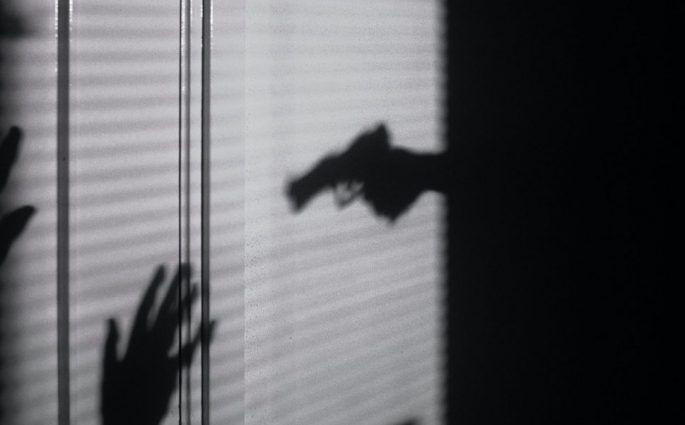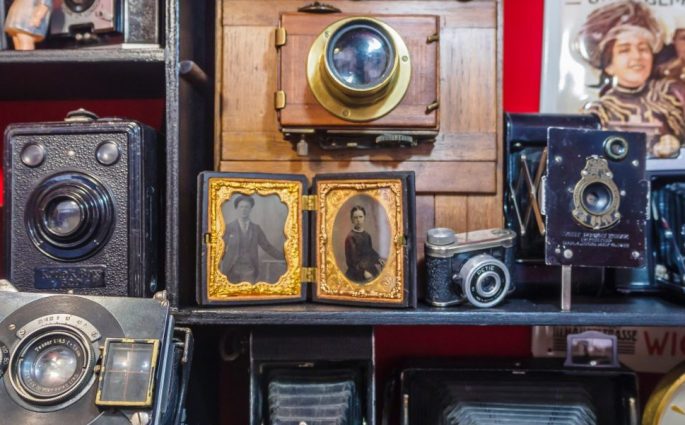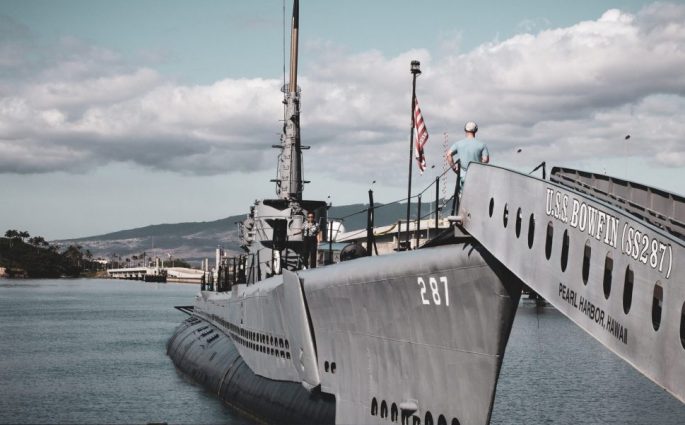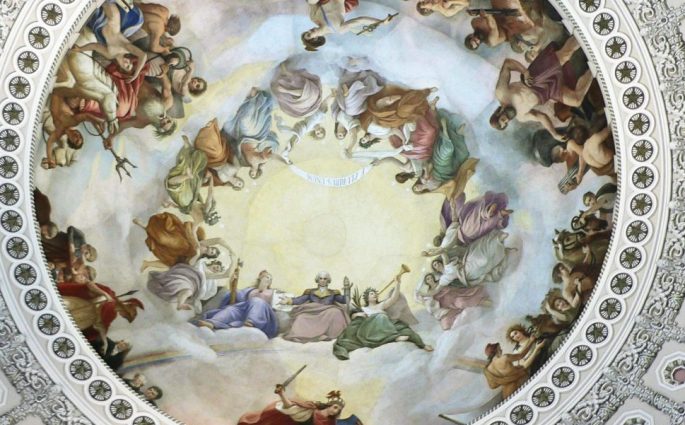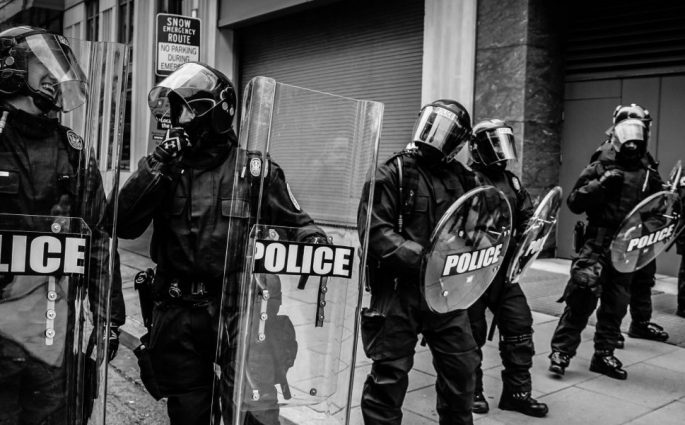Food Matters. So What?
Paul Freedman— When I was asked to consider writing Why Food Matters, I was told that this was not supposed to be an introduction to the topic of food, but rather my reasoned opinion—even a manifesto about the significance of the subject, in keeping with the intent of the Yale




